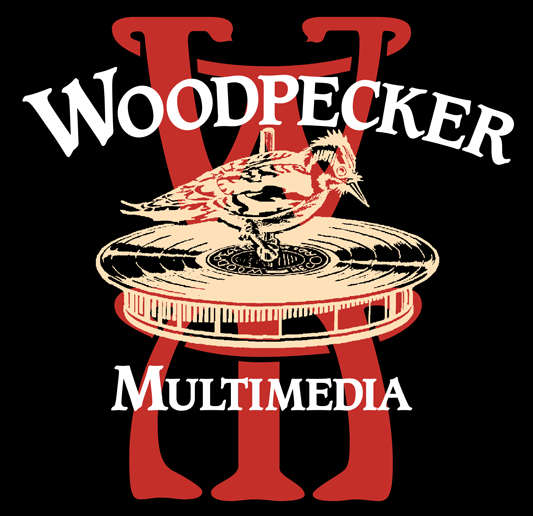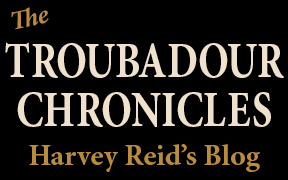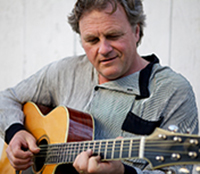 H
H 


|
|
Compression: Essential Audio Tool or Deadly Sin?
Compression is the process of electronically narrowing the dynamic range, or volume, of music once it has been converted into an electrical signal. (A related process known as "limiting" only compresses the upper end to prevent loud peaks. Compression also boosts the quite parts.) Some types of audio equipment, such as guitar pickups, telephones, and automatically do this by nature of their inability to transmit a very wide dynamic range. I call this involuntary compression. The history of the recording and audio industry has been a steady widening of the dynamic range of speakers, microphones and recording devices, supposedly striving to capture real live music in all its dynamic glory. Now, largely as a by-product of the commercialism of recorded music, it is seen as desirable to reverse this process, and to make the music as compressed as possible. Voluntary compression. Why? If you make a tape of a song, you have to set the levels on the tape recorder
based on the loudest part of the song. If there is one part that is really loud,
then the overall level of the whole song must be reduced to keep the loud part
from red-lining and distorting. If the song's dynamics are squashed so there
are no loud parts, then the whole song can be loud. In the earlier days of the
vinyl industry, the challenge was to find a way for one record to be louder
then another on a jukebox, so it would get attention and sell more. Incidentally,
as a result of some of the "my record is louder than yours" wars of
the past, all radio stations are now required by law in the U.S. to compress
everything they broadcast, as a way to prevent some music from sounding louder
than others. For this reason, listening to classical music or jazz on the radio
is sort of pointless, since that is the music that is supposed to have some
excitement and dynamic range. It is also part of the reason why radio stations
have never played many cassettes, because the tape hiss in the quiet parts and
between the songs gets boosted. As a musician, there is a non-stop pressure on me to compress my recordings. Though it is an artificial and unnatural alteration of the music, it does have its advantages. If you listen to music in the background at a low level, then when it is compressed, there will not be loud parts jumping out and startling you, nor will there be quiet parts that fall out and become inaudible. If you are driving in a car, you usually have a more limited dynamic range and a lot of background road noise, and in order to hear the quiet parts you have to risk having the loud parts distort your speakers. If you make mix tapes where you combine commercial songs with things like folk or bluegrass, you will notice that the "commercial" cuts are louder. If you play these mix tapes in a place with ambient noise, like a restaurant, the louder, compressed songs will jump out and be noticed. Play a sympnony in a restaurant and you will not even hear the quiet parts, and every few minutes there will be a huge volume swell that will jump out and then vanish when it quiets down. This is why things are compressed. If you are listening on headphones or in a situation where you are really focused on the music, the compression makes it less interesting and exciting, and you want the dynamic range. It is almost necessary for recording to be released in 2 versions, compressed
and un-compressed, letting the listener can decide if they want the real thing
or not. This will of course never happen. Compressors are quite expensive, or
else it would be easy to just install one in your audio system at home if you
want and solve the whole problem of compression. It would be great if every
restaurant had a compressor running so that the CD's they have in shuffle-play
mode will all be the same volume. READ THE ARTICLE ON REMASTERING WHICH IS RELATED Copyright 1998 by Harvey Reid |